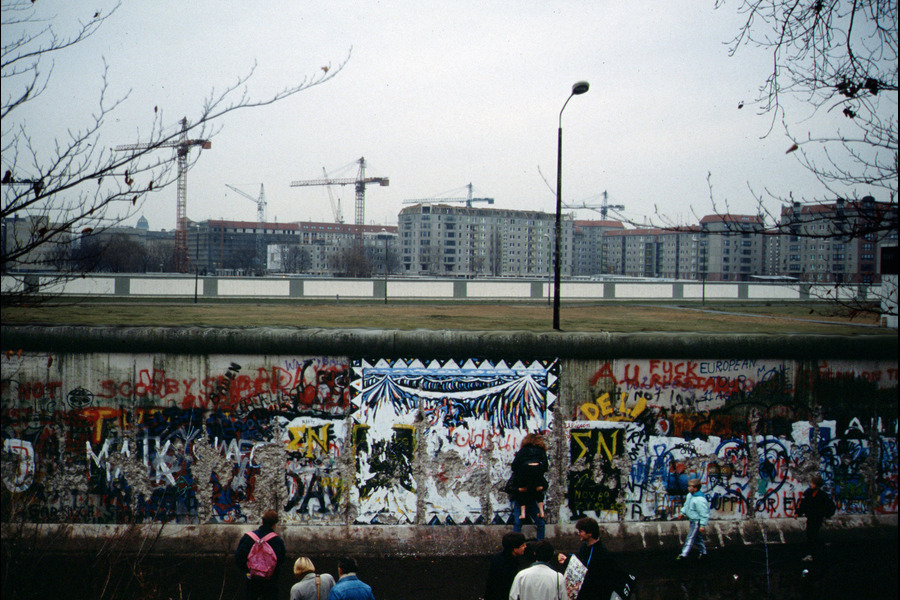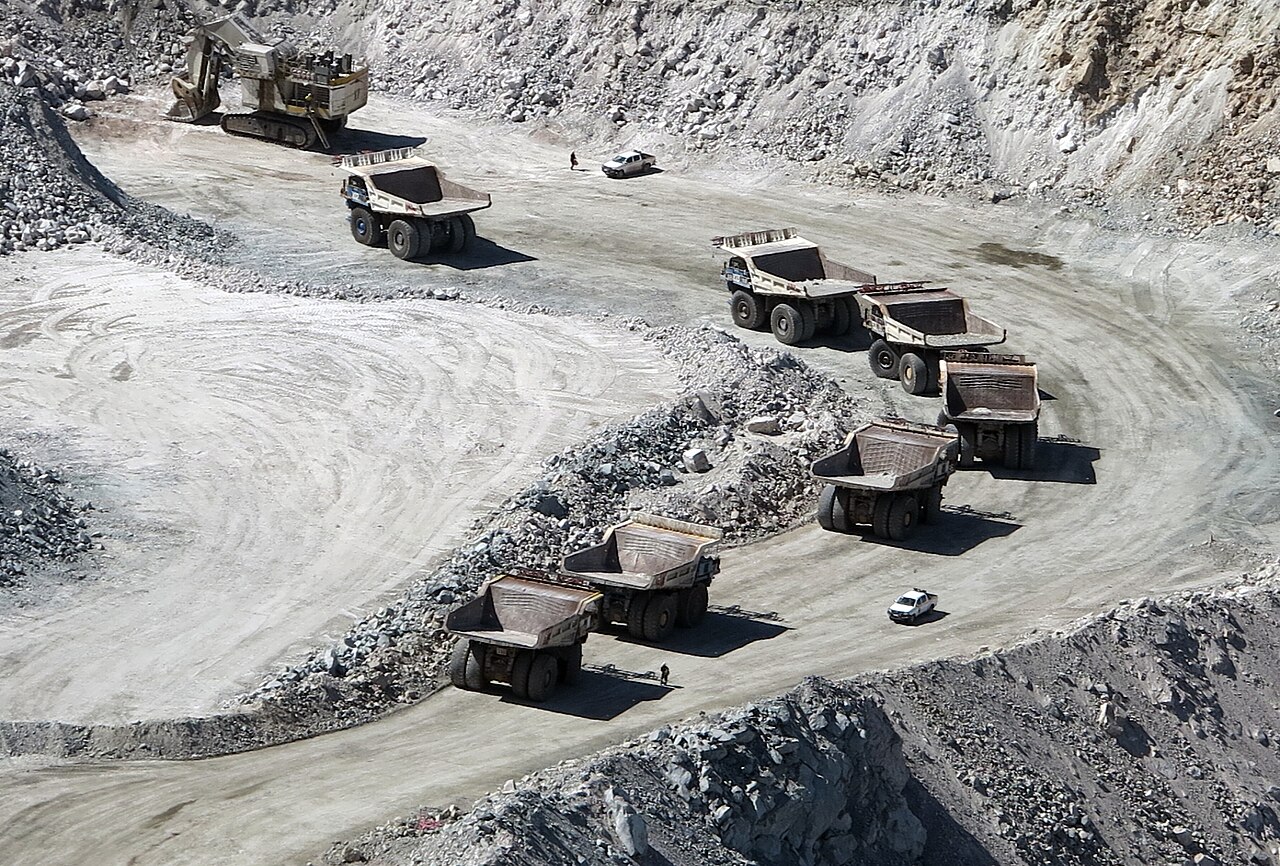Turkish-backed Rebels Enter al-Bab, Trump and Netanyahu Ready for Meeting, Trump and Congress Mull Designating Muslim Brotherhood as Terrorist Organization
Turkey and Assad Regime Agree to Division of Islamic State-Occupied City
Published by The Lawfare Institute
in Cooperation With

Turkey and Assad Regime Agree to Division of Islamic State-Occupied City
After months of operations on the outskirts of al-Bab, Syria, Turkish-backed Syrian rebels have finally entered the city and Turkish Prime Minister Binali Yildirim said today that they are wresting control of neighborhoods from the Islamic State. The advance is part of Turkey’s intervention in Syria that began last August; after quickly sweeping south from the Turkish border, the Turkish-supported rebels stalled as they neared al-Bab in December. Both Russian and U.S. warplanes have bombed Islamic State targets in support of the advance. Ground operations have picked up in intensity in the past couple weeks and rebels were able to secure a strategic hilltop last week. The progress has also resulted in casualties: at least 10 Turkish soldiers fighting with the rebels have been killed recently.
The slowed advance, combined with the nationwide ceasefire that has allowed the Assad regime to reallocate its forces to fronts with the Islamic State, has given regime forces time to also draw close to al-Bab. They have now cut off the south of the city and are moving toward the outskirts. Several months ago, the vectors of these two offensives appeared to indicate an imminent clash between Turkish-backed rebels and regime forces bearing down on the Islamic State. That still may happen, but in the meantime Turkey has continued its pivot toward a more conciliatory position, working with Russia and the regime to reach and maintain the current ceasefire. Turkish media reported today that Turkey and the regime have reached an arrangement for sharing control of al-Bab, setting down a line of demarcation along the south of the city that will divide Turkish and rebel control from regime control.
The Turkish newspaper Hurriyet compared the “security line” in al-Bab to the “green line” dividing Turkish and Greek communities in Cyprus; if maintained, the line could also be similar to the division of Germany into occupation zones after World War II. It’s an interesting precedent to set shortly before a flurry of expected diplomacy—diplomats will meet this week in Astana, Kazakhstan to discuss the enforcement of the current ceasefire, and then again next week under the auspices of the United Nations in Geneva, Switzerland. Both Russia and Turkey are turning to their endgames in Syria and are locking down the spheres of influence they consider essential to their national interests. Even if this division of the country into a Russian- and Iranian-backed vassal state with Assad at its head and a Turkish-backed rebel-controlled region in the Manbij pocket (with other rebels, the Islamic State, and Kurdish militias jockeying for influence along the southern and eastern periphery) is not formalized in an agreement, lines like the one established in al-Bab could ossify into de facto partition.
President Recep Tayyip Erdogan would like to go further. Last week, he called again for the creation of a “safe zone” in eastern Syria, including a no-fly zone. That would sharply define Turkey’s influence in Syria; it would also require the support of the U.S. coalition fighting the Islamic State. President Donald Trump spoke to Erdogan last week by phone, and CIA Director Mike Pompeo traveled to Ankara for additional meetings, but it’s still unclear how the Trump administration will proceed in Syria. The idea does not have the support of the U.N. High Commissioner for Refugees Filippo Grandi, who warned recently that the Syrian civil war is not conducive to the establishment of safe zones. "With the fragmentation, the number of actors, the presence of terrorist groups, it's not the right place to think of that solution," he told reporters in Beirut earlier this month.
President Trump to Meet Netanyahu after Plans Announced for Aggressive Settlement Expansion
Israeli Prime Minister Benjamin Netanyahu arrived in Washington, DC, today and will meet with President Trump at the White House tomorrow morning. One advisor to Netanyahu said that the plan is to close areas of disagreement between the United States and Israel. “There isn't going to be any daylight, no gaps,” the anonymous advisor told Reuters.
So Israel and the United States will present a united front on policy, but what will that policy be? In recent weeks, the Israeli right has been swinging for the fences on expanding Israeli settlements. Not only has the government issued thousands of new permits for the construction of homes in existing settlements, Netanyahu has also promised new settlements and the Knesset passed legislation to recognize settlements built on private Palestinian land in violation of Israeli law. The law will likely be struck down by the Israeli judiciary, but, as Yishai Schwartz wrote last week, doing so will force the beleaguered Court to spend precious political capital. This aggressive expansion of the settler franchise appears to have the Trump administration, perceived to be a receptive ally of the Israeli right, concerned. Then, as he boarded the plane to DC, Netanyahu declined to answer a reporter’s question about whether he still supported the two-state solution. “Come with me, you’ll hear very clear answers,” he said.
Amb. Dennis Ross, though, predicts the outcome of Wednesday’s meeting will be mostly business as usual. Successive presidents have always oscillated in the approach to Israel, he writes for Foreign Policy, and “President Trump’s desire to demonstrate he is different from his predecessor on Israel is not unique.” The Trump administration’s cautionary statement about settlement expansion should be a sign that its support isn’t entirely a blank check. “That the administration felt the need to signal Israel that there was no blank check on settlements suggests that the president’s interest in peace, or desire to lower the profile of the issue, favors a deal limiting Israeli settlement activity,” he writes.
CIA and Other Experts Weigh in Against Designating Muslim Brotherhood as Terrorist Organization
The Trump administration is reportedly considering an executive order that would request a State Department review to consider designating the Muslim Brotherhood and Iranian Revolutionary Guard Corps as Foreign Terrorist Organizations. The order was originally scheduled to be signed last week but was postponed; even if it is not signed by President Trump, bills in the House and Senate introduced last month by Rep. Mario Diaz-Balart and Sen. Ted Cruz also call for designating the Brotherhood.
As Benjamin Wittes and William McCants wrote on the subject, it is doubtful that the Muslim Brotherhood would meet the necessary material support standard—at least not as a blanket designation for the organization, which has diverse and largely uncoordinated operations in countries across the Middle East and around the world. However, if the State Department turns down designating the Brotherhood, the Trump administration could try the Treasury Department, which allows the president greater authority to take the initiative on terrorism designations, Ed Stein notes.
A chorus of experts have weighed in against the proposal. An internal CIA memo produced last month argues that designating the Brotherhood would offend the many Muslims who are members of the organization, receive social services from its affiliates, or respect the group as a part of their community. “Moreover, a US designation would probably weaken MB leaders’ arguments against violence and provide ISIS and al-Qa’ida additional grist for propaganda to win followers and support, particularly for attacks against US interests,” the memo, which leaked to press, stated. That argument was echoed by Jillian Schwedler, a professor at Hunter College, who wrote last week that, “Without various Muslim Brotherhood groups operating throughout the region, the Islamic State and al-Qaeda will have the monopoly on Islamist politics in many countries.” Designating the Brotherhood, she argued, could hinder crucial U.S. partnerships as the designation would likely interfere with the ability of the U.S. government to work effectively with governments in which the Brotherhood plays a role. This could include President Erdogan’s government in Turkey and parliaments in Morocco, Tunisia, Jordan, and Yemen, where the Brotherhood-affiliated party is backing the internationally-recognized government alongside the United States and Saudi Arabia against the Houthi rebels.
If the administration does proceed with a review of the Muslim Brotherhood, Lorenzo Vidino of George Washington University’s Program on Extremism says the process “should be as extensive, nuanced, public, open to conflicting views, and apolitical as possible.” He points to the model of the review commissioned by the British government in 2014. That report “did not recommend a terrorist designation of the Brotherhood,” he writes, but it also “hardly meant an endorsement for the group.” The United States would do well to be so circumspect.





